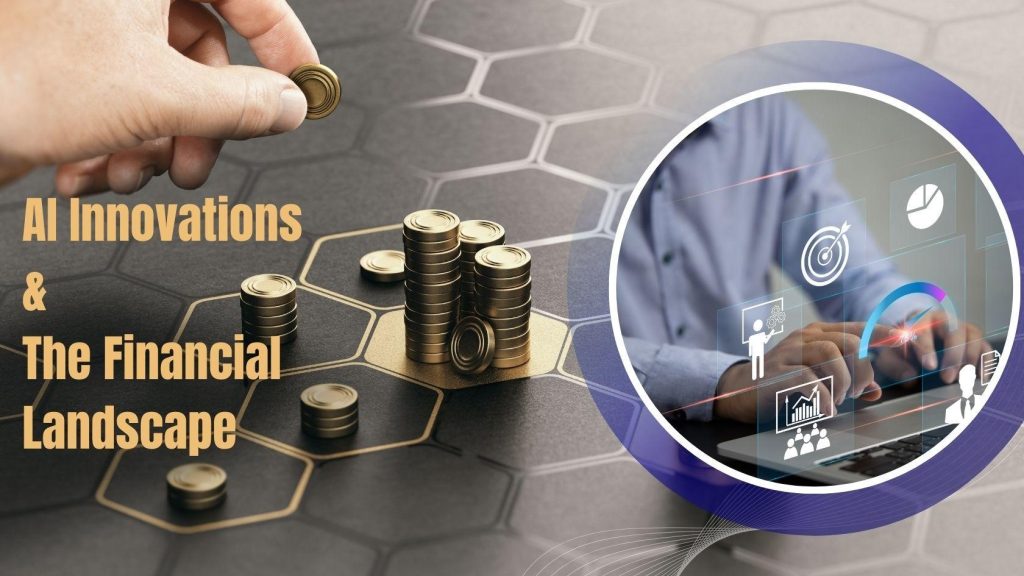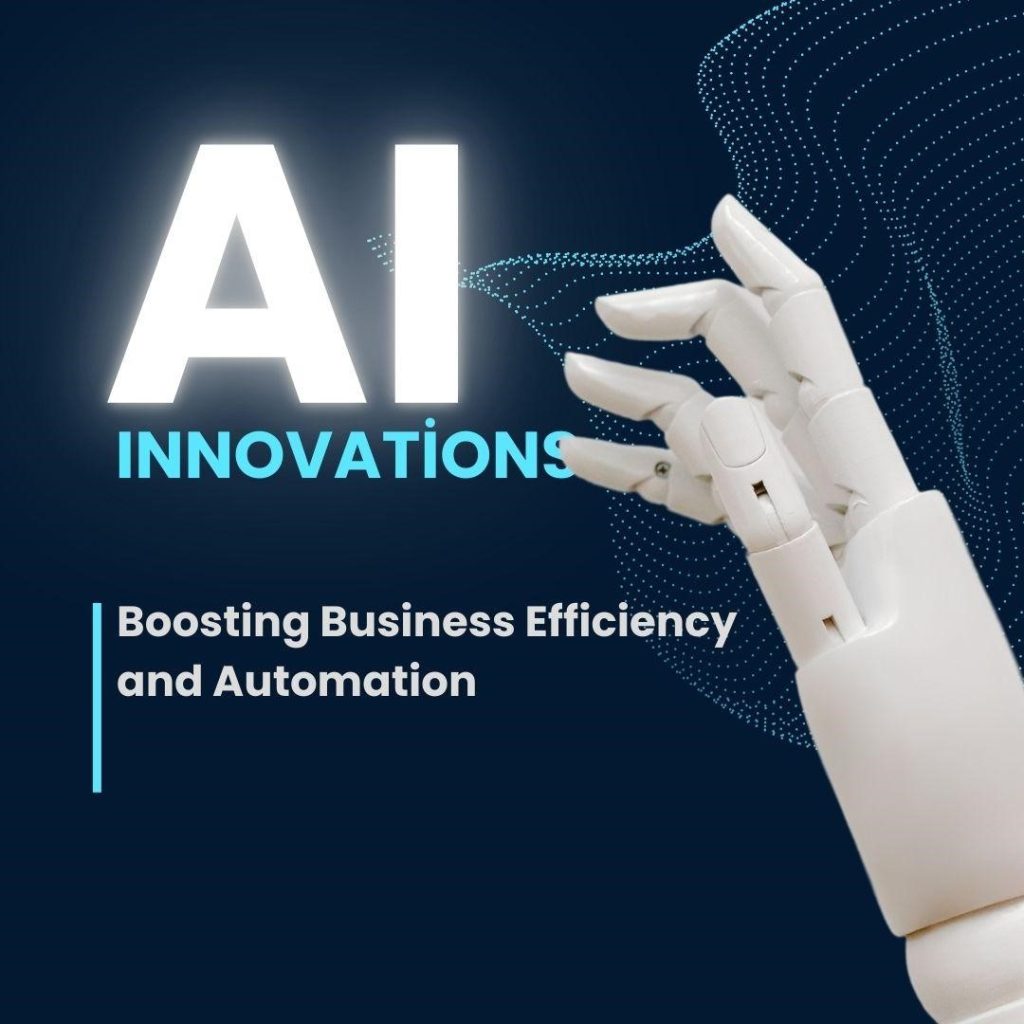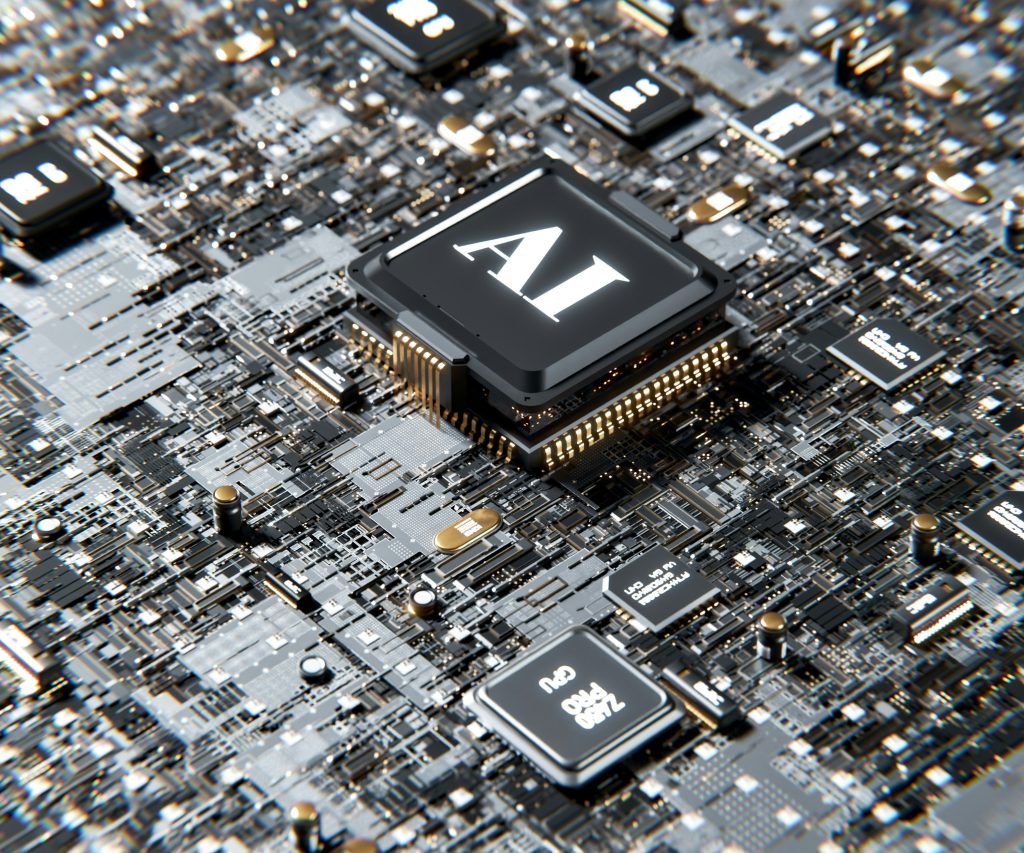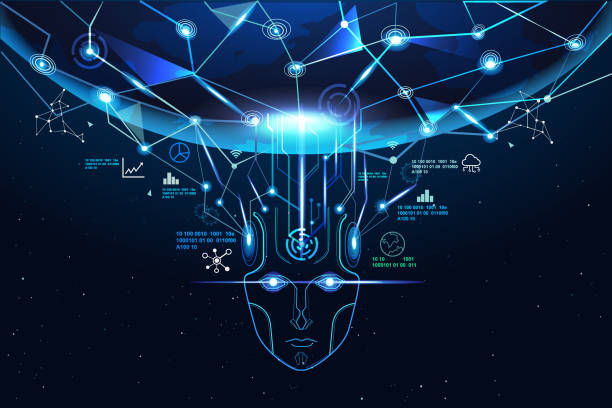The rapid rise of artificial intelligence is transforming industries at a pace few could have predicted. Nowhere is this shift more exciting than in video creation. AI is making it faster, easier, and more accessible for people to produce high-quality content that once required expensive equipment and specialized skills. From personalized digital hosts to instantly generated visuals, AI-driven tools are making professional-grade video production available to anyone with an idea. And the best part? The technology is only getting better.
AI Puts High-End Video Production in Everyone’s Hands
Not long ago, creating a professional-looking video required a serious budget and technical know-how. That’s all changing. AI-driven tools are making it possible for anyone to generate stunning visuals, edit footage effortlessly, and create engaging content with just a few clicks. What used to take hours—or even days—can now be done in minutes.
The rise of automated video editing means that even beginners can put together seamless, polished clips without struggling through complicated software. AI can handle everything from trimming footage to adjusting lighting and color correction, ensuring a professional finish. But the real game-changer is how AI is making it possible to create video content from scratch—without even picking up a camera.
Creating Video from a Single Image? It’s Now a Reality
One of the most groundbreaking advancements is the ability to generate video content from just a single still image. An AI video generator from image tools can take a static picture and bring it to life with movement, depth, and realistic animations. This is a huge deal for content creators, marketers, and educators who want engaging visuals without the need for elaborate filming.
These tools use deep learning to analyze an image and predict how elements should move, creating a natural flow that feels like real footage. Whether it’s a dynamic background shift or subtle facial expressions, the results are often indistinguishable from traditional video. It’s not just about making static images move—it’s about creating entirely new content with AI handling the heavy lifting.
AI-Generated Faces Are Getting More Realistic
With AI’s ability to create ultra-realistic faces, digital media is heading into an entirely new era. Whether it’s for entertainment, marketing, or virtual assistants, AI-generated humans are looking more lifelike than ever. And while there have been concerns over deepfakes, the same technology that powers them is also being used for legitimate and beneficial purposes.
Imagine a world where a virtual instructor can deliver a lesson in any language or where a personal AI assistant can appear on screen with a completely natural presence. These advancements are making digital experiences more immersive and interactive, bringing AI-powered communication to an entirely new level.
AI-Powered Digital Hosts Are the Future of Content
Perhaps the most exciting development is AI’s ability to create digital hosts that can speak, interact, and even express emotions in an incredibly human-like way. With the right tools, businesses, educators, and influencers can generate a fully AI-driven presenter to engage with audiences—without needing to step in front of a camera.
These AI-powered hosts aren’t just static characters reading from a script. They use advanced deep learning models to replicate natural speech patterns, facial expressions, and even subtle human gestures. Whether it’s for news updates, customer service, or online tutorials, AI hosts can be tailored to fit any brand or style. And thanks to improvements in voice synthesis, they sound just as real as they look.
In one of the most advanced applications of this technology, companies are now using AI to create digital versions of real people. By feeding an AI model with existing footage and voice data, they can generate a talking avatar that looks, moves, and speaks just like the original person. This is opening up incredible possibilities, from virtual influencers to AI-driven spokespeople. The ability to have a digital version of yourself that can appear in videos, deliver presentations, or engage with audiences 24/7 is nothing short of revolutionary.
The AI Video Revolution Is Just Beginning
As AI continues to evolve, its impact on video production will only become more profound. The days of needing expensive cameras, lighting setups, and editing teams are quickly fading as AI-driven tools take center stage. Technology is making it easier than ever for anyone—regardless of experience—to create high-quality video content that captures attention and tells a compelling story.
What’s next? As AI’s capabilities grow, we’ll likely see even more sophisticated digital humans, smarter AI-driven editing tools, and interactive video experiences that blur the line between reality and artificial intelligence. One thing is certain: the way we create and consume video content is changing forever, and AI is leading the charge.











